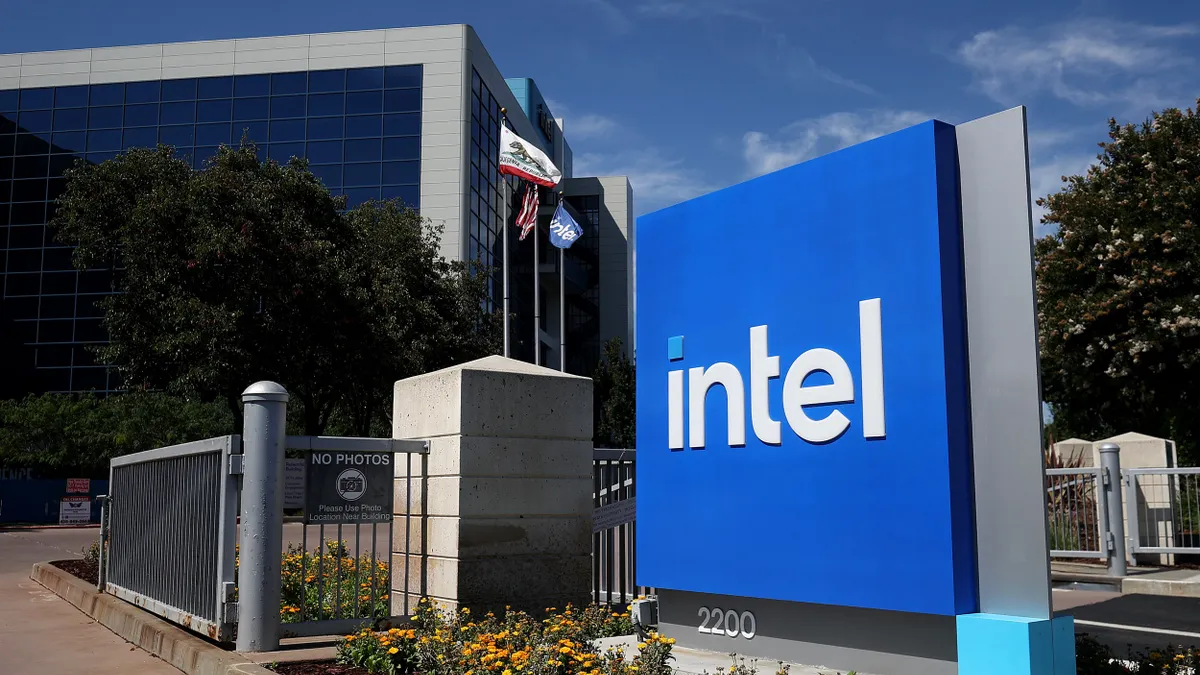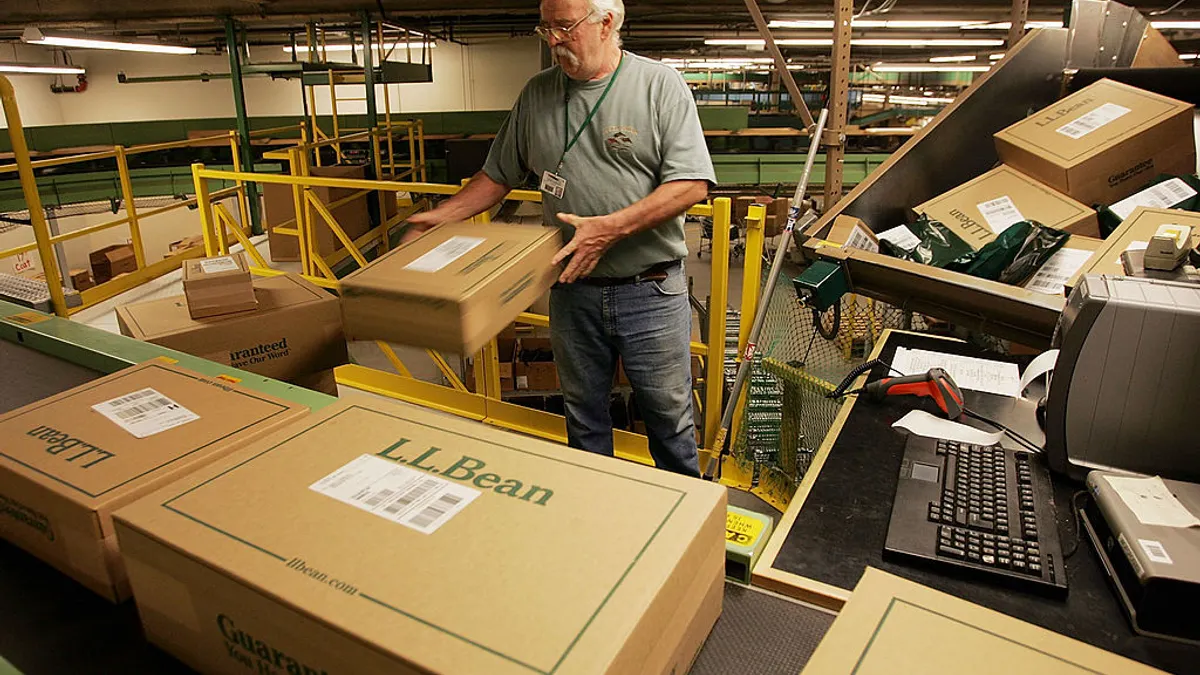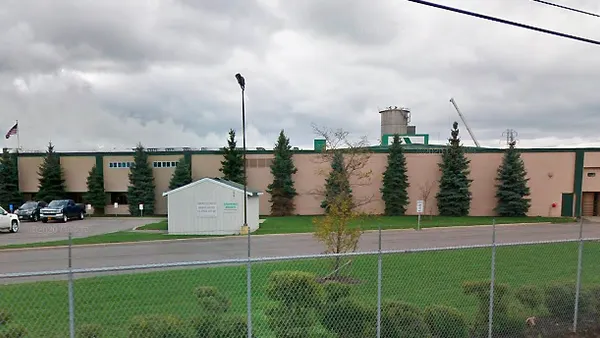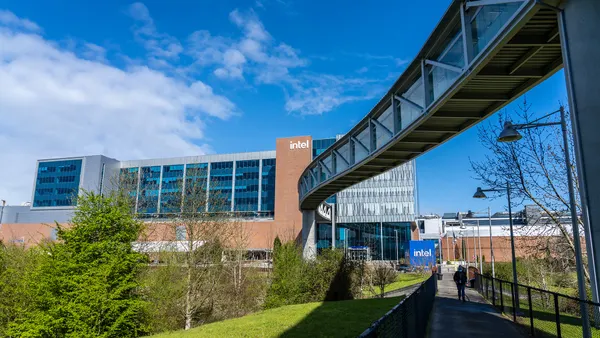Intel Corp. is laying off approximately 1,666 employees across four states this month as part of a company-wide restructuring effort to reduce costs and simplify operations.
“We are taking steps to become a leaner, faster and more efficient company,” Intel said in an email July 9. “Removing organizational complexity and empowering our engineers will enable us to better serve the needs of our customers and strengthen our execution.”
The job cuts, which begin to take effect July 11, will affect hundreds that work at or report to Intel in California, Oregon, Texas and Arizona, according to recent Worker Adjustment and Retraining Notification filings.
About half of those affected — roughly 855 — are based out of Intel’s offices and facilities in Santa Clara and Folsom, California. The company is also cutting 529 employees across its four campuses in or near Hillsboro, Oregon, considered to be the heart of the company’s research and development operations.
Additionally, Intel has given recent layoff notices to 172 workers in Chandler, Arizona and 110 in Austin, Texas, according to WARN filings as of July 11.
A spokesperson declined to elaborate on which departments or segments of the company will be affected. In late June, Intel said it will “wind down” its automotive business within its client computing group.
The chipmaker has also started sending layoff notices to hundreds of workers in Israel, where Intel employs roughly 4,000 at its Kiryat Gat campus, Israel-based news outlet Ynet reported.
One of CEO Lip-Bu Tan’s priorities since taking over in March has been to refocus Intel’s core products for a new era of computing shaped by artificial intelligence and reasoning models.
Intel, known for its personal computer processors, has lagged behind competitors AMD and Nvidia in the evolving semiconductor market. It reported a net loss of $18.8 billion for 2024, driven in part by its struggles to transition to smaller, more efficient chip designs.
“We are seen as too slow, too complex and too set in our ways — and we need to change,” Tan said in a company-wide letter April 24. He detailed plans to become a more engineering-focused company and remove layers of teams, which has created "unnecessary bureaucracy that slows us down.”
Long-term, Tan said he also wants to refine Intel’s AI strategy with a focus on emerging areas of interest and to build trust with foundry customers.
“There is no way around the fact that these critical changes will reduce the size of our workforce,” Tan wrote in April. “This will begin in Q2 and we will move as quickly as possible over the next several months.
More details of the changes are likely to come during Intel’s upcoming investor call, which is scheduled for July 24.











